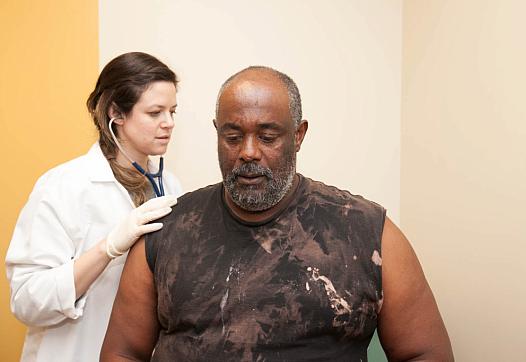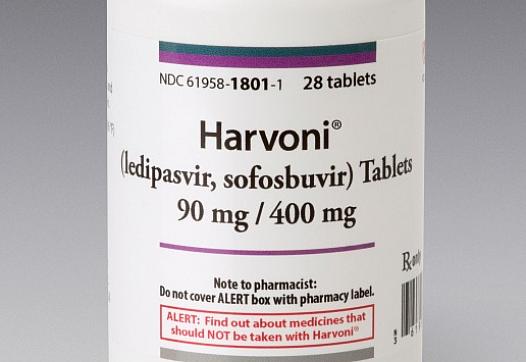
The research base upon which medicine is built is constantly evolving. Open-mindedness and a willingness to constantly update one's knowledge are the best defenses against complacency, writes Dr. Monya De.

The research base upon which medicine is built is constantly evolving. Open-mindedness and a willingness to constantly update one's knowledge are the best defenses against complacency, writes Dr. Monya De.

A recent survey of students in Buffalo revealed that roughly one in three had seen someone shot, stabbed or assaulted in their neighborhood. The crisis is all the more harrowing given what we're learning about childhood trauma's life-long effects on health and well-being.

“House calls go back to the origins of medicine, but in many ways I think this is the next generation,” Dr. Patrick Conway, CMS' chief medical officer, recently said. The practice is making a bit of a comeback among high-need patients.

When Tim Fitzmaurice lost his wife Ginny, his partner of 44 years, to dementia in 2014, his experience as her caregiver brought him so much pain and guilt that he kept it to himself. Until Tuesday, when he asked Santa Cruz County health staff to reach out to families dealing with dementia.

Comparing HIV-prevention efforts in three California counties reveals the complexities involved in trying to stop the spread of HIV and AIDS once and for all.

Calif.’s revised eligibility rules for new hep C drugs appear to be easing Medicaid patients’ access to the medications, yet the vast majority of Medicaid patients with hep C still aren't getting the costly drugs, state health officials say.

New online communities are offering patients support and guidance to an extent not previously possible. That can be a huge boon for colon cancer patients, who might otherwise find themselves isolated and afraid.

When extremely expensive new hepatitis C medications arrived on the market more than two years ago, private health insurers limited access to the very sickest. Now, two new analyses say that approach is shortsighted and counterproductive.

In the southern U.S., tropical diseases such as Chagas disease, toxocariasis, leishmaniasis can cause debilitating illness, disfigurement and even death. Dr. Seema Yasmin shares how she took on the topic.

Thoughtful comparisons can make all the difference for your audience. For example, the threat of Ebola in the U.S. seems scary until you compare it to drunk drivers, who killed 12,000 in the U.S. in 2014. Ebola killed two.